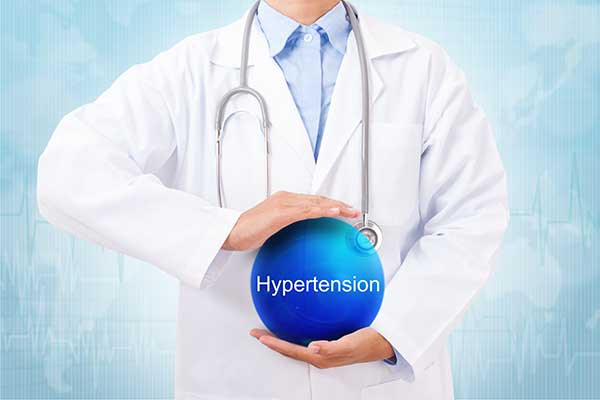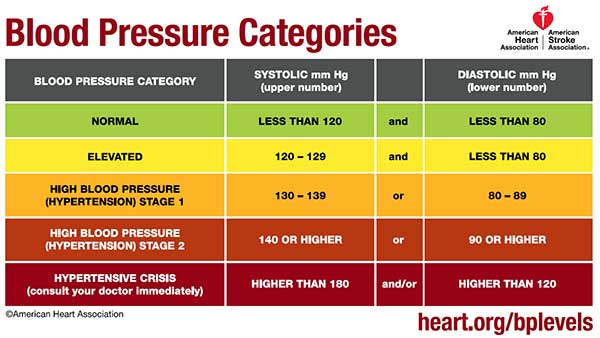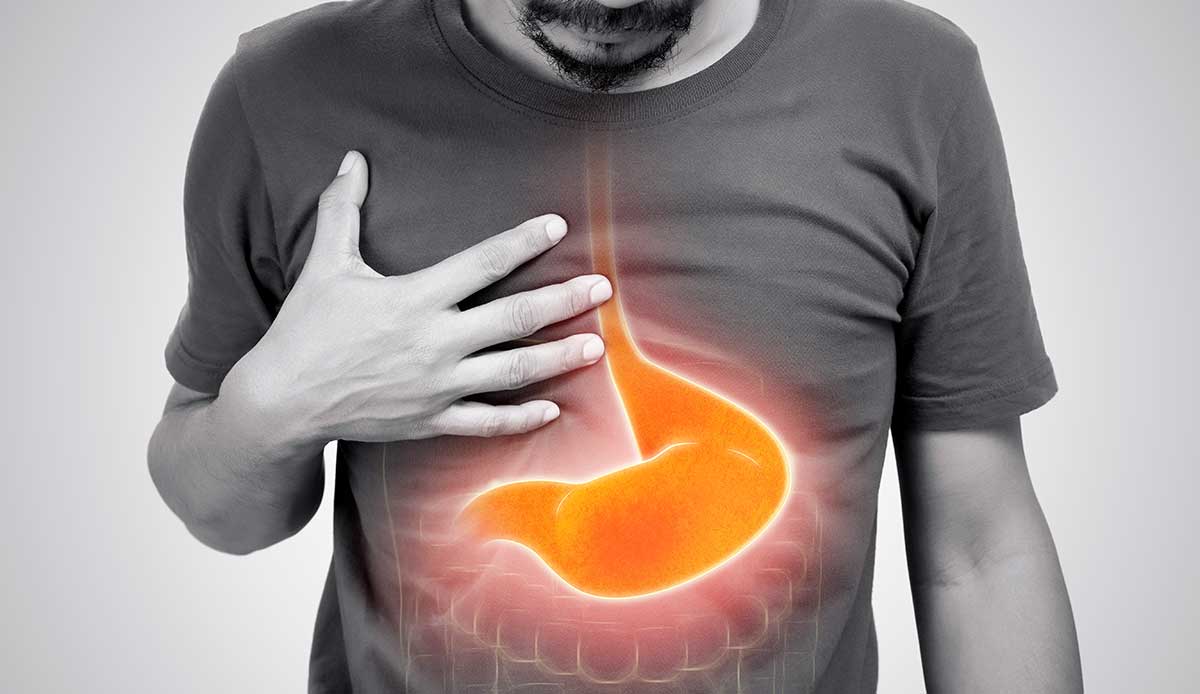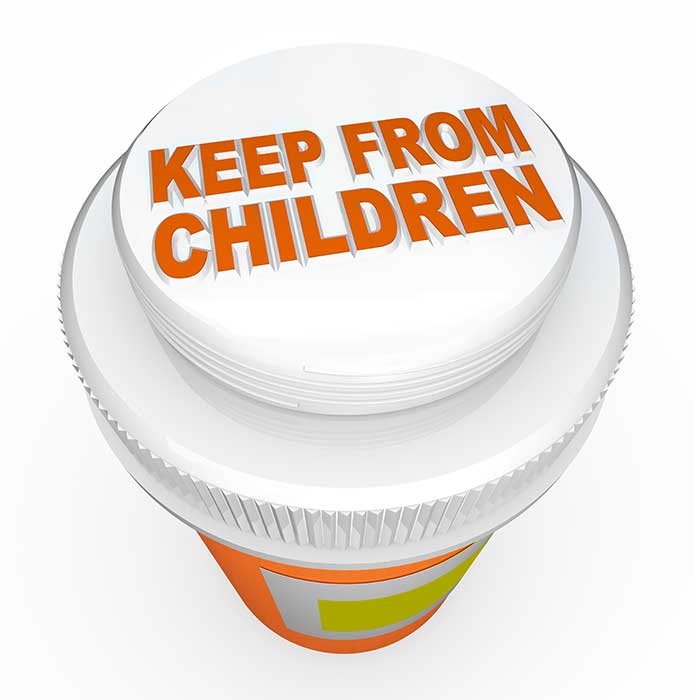
High blood pressure, also known as hypertension, is a common health condition that affects millions of people worldwide.
It is a chronic condition where the force of blood against the walls of the arteries is consistently high. This increased pressure can damage the arteries and lead to serious health problems, including heart disease, stroke, and kidney disease.
High blood pressure is often called a “silent killer” because it has no symptoms in the early stages.
Many people do not know they have high blood pressure until they experience a health emergency. This is why it is important to have regular blood pressure checks, especially as you get older or if you have a family history of hypertension.
Is High Blood Pressure Treatable?
Yes. The good news is that high blood pressure can be treated and managed with lifestyle changes and medication.
Here we will discuss the different types of high blood pressure treatment and how they can help you manage this condition.
Here are ways to manage and treat high blood pressure.
Lifestyle Changes
Lifestyle changes are an important part of treating high blood pressure. These changes can help lower blood pressure and improve overall health. The following lifestyle changes are recommended for people with high blood pressure:
Exercise Regularly
Regular exercise can help lower blood pressure by making the heart stronger and more efficient. Aim for at least 30 minutes of moderate-intensity exercise most days of the week.
Eat a Healthy Diet
A healthy diet can help lower blood pressure by reducing the amount of sodium in your diet and increasing the amount of fruits, vegetables, and whole grains you eat. The DASH (Dietary Approaches to Stop Hypertension) diet is an effective eating plan for people with high blood pressure.
Reduce Sodium Intake
Eating too much sodium can cause the body to retain fluid, which can increase blood pressure. Aim for less than 2,300 milligrams of sodium per day (or less than 1,500 milligrams if you have high blood pressure).
Quit Smoking
Smoking can increase blood pressure and damage blood vessels. Quitting smoking can help lower blood pressure and reduce the risk of heart disease and stroke.
Limit Alcohol Consumption: Drinking too much alcohol can raise blood pressure. Men should have no more than two drinks per day, and women should have no more than one drink per day.
Maintain a Healthy Weight
Being overweight or obese can increase blood pressure. Losing weight can help lower blood pressure and improve overall health.

Medications
In addition to lifestyle changes, medications are often used to treat high blood pressure.
There are several types of medications that can be used to lower blood pressure, including:
Diuretics
Diuretics, also known as water pills, are the most commonly used medication for high blood pressure. They work by flushing excess water and sodium from the body, which can help lower blood pressure.
ACE Inhibitors
ACE inhibitors work by blocking the production of a hormone called angiotensin II, which can narrow blood vessels and increase blood pressure.
Calcium Channel Blockers
Calcium channel blockers work by relaxing the muscles in blood vessel walls, which can help lower blood pressure.
Beta-Blockers
Beta-blockers work by slowing down the heart rate and reducing the force of the heart’s contractions, which can help lower blood pressure.
Angiotensin Receptor Blockers (ARBs)
ARBs work by blocking the action of angiotensin II, which can narrow blood vessels and increase blood pressure.
It is important to note that medication should be used in combination with lifestyle changes, not as a replacement for them. Your doctor will work with you to determine the best medication and dosage for your individual needs.
Complementary and Alternative Therapies
Complementary and alternative therapies are becoming increasingly popular as a way to treat high blood pressure. While these therapies may vary the good news is that high blood pressure can be treated and managed with lifestyle changes, medication, and alternative therapies.
Acupuncture
Acupuncture is an ancient Chinese healing practice that involves the insertion of thin needles into specific points on the body. According to traditional Chinese medicine, acupuncture works by balancing the flow of energy or “qi” in the body.
Modern research suggests that acupuncture may help lower blood pressure by stimulating the nervous system to release chemicals that regulate blood pressure.
Several studies have found that acupuncture can help lower blood pressure in people with hypertension. In a 2015 review of 24 randomized controlled trials, researchers found that acupuncture was effective in reducing blood pressure in people with hypertension. However, more research is needed to determine the long-term effects of acupuncture on blood pressure.
Yoga
Yoga is a mind-body practice that combines physical postures, breathing exercises, and meditation. Yoga has been shown to have a variety of health benefits, including reducing stress and anxiety, improving flexibility and balance, and lowering blood pressure.
See also: When to go to the Emergency Room (ER) for Urinary Tract Infections (UTI).
Several studies have found that practicing yoga can help lower blood pressure in people with hypertension. In a 2013 review of 17 randomized controlled trials, researchers found that practicing yoga was effective in reducing both systolic and diastolic blood pressure in people with hypertension.
However, more research is needed to determine the optimal frequency, duration, and intensity of yoga for blood pressure reduction.
Meditation
Meditation is a mind-body practice that involves focusing the mind on a specific object, thought, or activity to achieve a state of relaxation and mental clarity.
Meditation has been shown to have a variety of health benefits, including reducing stress and anxiety, improving sleep, and lowering blood pressure.
Several studies have found that practicing meditation can help lower blood pressure in people with hypertension. In a 2017 review of 12 randomized controlled trials, researchers found that meditation was effective in reducing both systolic and diastolic blood pressure in people with hypertension.
However, more research is needed to determine the optimal frequency, duration, and type of meditation for blood pressure reduction.
Biofeedback
Biofeedback is a technique that involves using electronic monitoring devices to measure physiological responses such as heart rate, blood pressure, and muscle tension. By learning to control these responses, people can reduce stress and improve their overall health.
Several studies have found that biofeedback can help lower blood pressure in people with hypertension. In a 2016 review of 16 randomized controlled trials, researchers found that biofeedback was effective in reducing both systolic and diastolic blood pressure in people with hypertension.
However, more research is needed to determine the optimal frequency, duration, and type of biofeedback for blood pressure reduction.
Dietary Supplements
Several dietary supplements have been studied for their potential to lower blood pressure. Some of the most promising supplements include:
Omega-3 Fatty Acids
Omega-3 fatty acids are a type of polyunsaturated fat that is found in fatty fish, such as salmon, mackerel, and sardines. Omega-3 fatty acids have been shown to have numerous health benefits, including reducing inflammation, improving heart health, and potentially lowering blood pressure.
Several studies have found that omega-3 fatty acid supplements can help lower blood pressure in people with hypertension. In a 2014 meta-analysis of 70 randomized controlled trials, researchers found that omega-3 fatty acid supplements were effective in reducing both systolic and diastolic blood pressure.
However, the optimal dose and duration of omega-3 supplementation for blood pressure reduction is still unclear.
Coenzyme Q10
Coenzyme Q10 (CoQ10) is a vitamin-like compound that is involved in the production of energy in the body’s cells. It is found in small amounts in foods such as meat and fish, but it can also be taken as a supplement.
Several studies have found that CoQ10 supplements can help lower blood pressure in people with hypertension. In a 2017 meta-analysis of 17 randomized controlled trials, researchers found that CoQ10 supplementation was effective in reducing both systolic and diastolic blood pressure.
However, more research is needed to determine the optimal dose and duration of CoQ10 supplementation for blood pressure reduction.
Magnesium
Magnesium is an essential mineral that is involved in many bodily functions, including muscle and nerve function, blood sugar regulation, and blood pressure regulation. Magnesium is found in many foods, including green leafy vegetables, nuts, and whole grains, but it can also be taken as a supplement.
Several studies have found that magnesium supplements can help lower blood pressure in people with hypertension.
In a 2016 meta-analysis of 34 randomized controlled trials, researchers found that magnesium supplementation was effective in reducing both systolic and diastolic blood pressure. However, the optimal dose and duration of magnesium supplementation for blood pressure reduction is still unclear.
Garlic
Garlic is a common kitchen ingredient that has been used for its medicinal properties for thousands of years. Garlic contains compounds such as allicin that have been shown to have antioxidant and anti-inflammatory properties.
Several studies have found that garlic supplements can help lower blood pressure in people with hypertension. In a 2014 meta-analysis of 7 randomized controlled trials, researchers found that garlic supplementation was effective in reducing both systolic and diastolic blood pressure.
However, the optimal dose and duration of garlic supplementation for blood pressure reduction is still unclear.
Hibiscus
Hibiscus is a flowering plant that is commonly used to make tea. Hibiscus tea has been shown to have numerous health benefits, including reducing inflammation and potentially lowering blood pressure.
Several studies have found that hibiscus supplements can help lower blood pressure in people with hypertension. In a 2015 meta-analysis of 5 randomized controlled trials, researchers found that hibiscus supplementation was effective in reducing both systolic and diastolic blood pressure.
However, the optimal dose and duration of hibiscus supplementation for blood pressure reduction is still unclear.
It is important to note that while these dietary supplements may have potential benefits for blood pressure, it should be taken after consulting with a board-certified emergency medicine physician or cardiologist.
If you have high blood pressure, visit one of our emergency rooms in Texas and one of our board-certified emergency room physicians will speak with you and help you understand hypertension and ways to manage the condition.






